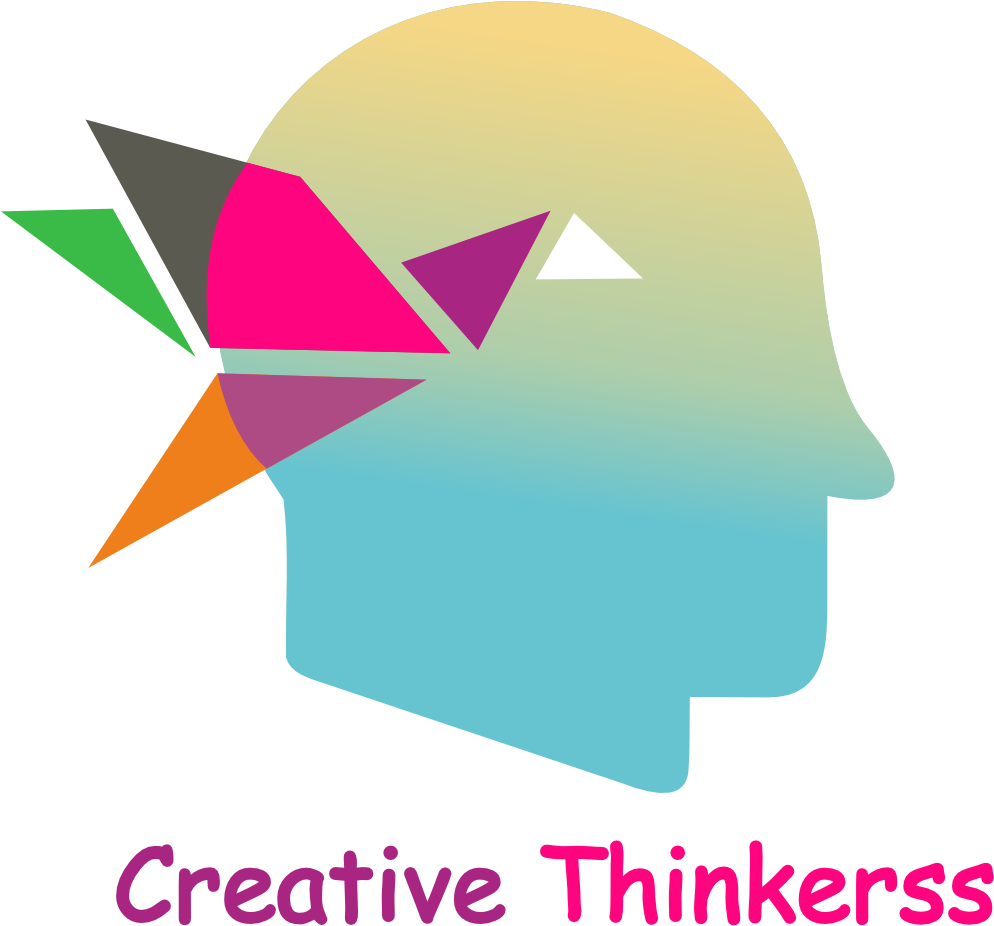One of the 21st century’s most revolutionary and emerging technologies is artificial intelligence (AI). From self-driving cars to virtual assistants, AI is rapidly reshaping various aspects of our lives, promising both great opportunities and potential challenges. In this blog, we will explore the transformative influence of AI on various domains, its ethical implications, and how we can embrace this technology responsibly to build a better future.
The Evolution of Artificial Intelligence
AI, as a concept, has been around since the mid-20th century. However, it was only in recent decades that advancements in computing power and data analytics brought AI from the realm of science fiction to reality. The development of machine learning algorithms and deep neural networks significantly accelerated AI progress. Now, AI systems can analyze vast amounts of data, recognize patterns, and make decisions that were previously the domain of human intelligence.
AI in Everyday Life
AI is becoming deeply integrated into our daily routines, often without us even realizing it. Virtual assistants like Siri and Alexa help us with tasks, smart home devices automate our homes, and AI-powered recommendation systems suggest what to watch, buy, or read. In the healthcare industry, AI is revolutionizing diagnostics, drug discovery, and personalized medicine. AI-powered chatbots are improving customer service across various industries, and predictive analytics is transforming businesses’ decision-making processes.

Education and AI
The educational landscape is changing as a result of AI, making education more accessible and individualized. Intelligent tutoring systems can adapt to individual learning styles and pace, enabling a more effective educational experience. AI-driven grading systems reduce teachers’ burden and provide instant feedback to students, encouraging a growth mindset. Virtual reality and augmented reality, integrated with AI, allow for immersive and interactive learning experiences, making education more engaging and memorable.
AI in the Workplace
The integration of AI in the workplace is reshaping the nature of jobs and the workforce. While some fear that AI will lead to job displacement, it also creates new opportunities and frees employees from repetitive tasks, enabling them to focus on higher-value work. AI can enhance productivity and decision-making, leading to more efficient businesses and industries. However, concerns about job security, reskilling, and societal inequalities arise, and policymakers must address these challenges.
Ethical Considerations
As AI’s presence grows, ethical considerations become paramount. The collection and utilization of massive amounts of data raise concerns about privacy and data security. AI algorithms can also inadvertently reinforce biases present in the data they are trained on, leading to discriminatory outcomes. It is crucial to address these biases and ensure fairness and transparency in AI systems. Moreover, the potential for AI to be weaponized or used maliciously requires stringent regulation and responsible development.
AI and Creativity
Contrary to some fears, AI is not replacing human creativity but rather augmenting it. AI-generated art, music, and literature have gained attention, sparking discussions about the definition of creativity and the role of AI in the creative process. Some artists collaborate with AI systems to explore new frontiers, while others embrace AI as a tool to streamline their work. The coexistence of AI and human creativity opens new avenues for artistic expression and challenges our understanding of artistic authorship.
AI and Healthcare
AI’s impact on healthcare is profound, with the potential to revolutionize medical diagnostics, treatment plans, and drug discovery. Machine learning models can analyze medical images, detect diseases at an early stage, and provide personalized treatment options based on patients’ genetic profiles. AI-driven virtual health assistants improve patient communication and support, enhancing the overall healthcare experience. However, ensuring data privacy and maintaining the human touch in healthcare delivery remain essential considerations.
AI represents a groundbreaking technological advancement with far-reaching implications for various sectors. By enabling machines to perform tasks that traditionally require human intelligence, AI enhances efficiency, accuracy, and innovation. Its applications in healthcare, finance, transportation, and beyond are already revolutionizing how we live and work. The importance of AI lies not only in its ability to automate and optimize processes but also in its potential to solve complex problems, from disease diagnosis to climate change mitigation. As we continue to develop and integrate AI technologies, it is crucial to address ethical considerations, ensure data privacy, and foster inclusive growth. Embracing AI responsibly will pave the way for a future where technology and humanity coexist harmoniously, driving progress and improving quality of life on a global scale.

Leave a Reply